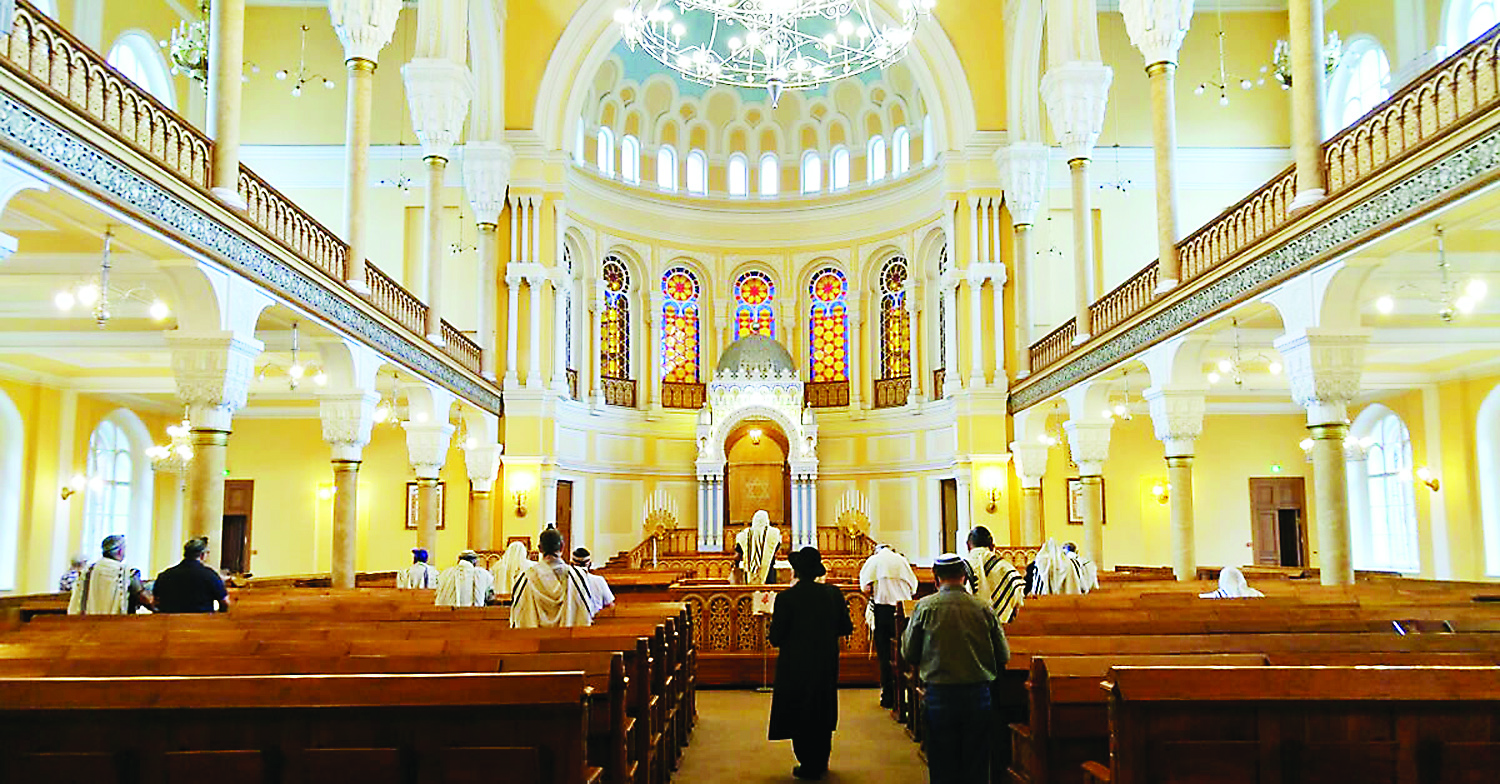
OpEds

The stress and angst of yom tov seating
Across the Jewish world shul committees are anxious.
With Rosh Hashanah a few days away, there’s minimal time to complete the shul seating lists. And little room for error. Worse, with the COVID-19 pandemic having dominated the past few years, it’s the first time many shuls will be open over this period. The tension around yom tov seating is palpable.
I’ve heard of a case of a shul “gabbai” having a recurring nightmare that he inadvertently seated a dead person, the mistake publicly posted on the shul noticeboard for all to see. Like a mistaken Facebook birthday wish to a person long past. Without the edit or delete button. I’m told it’s what keeps shul gabbaim awake at night.
And I can hardly blame them. There should be a Xanax allowance for this month of the Jewish year.
Along with first night yom tov meals, there’s little as contentious as shul seating. Congregants find it difficult to distinguish their seat in prayer from a family Barmitzvah. What that means is that both the location and company is relevant to them and is seen as a reflection of social status and importance in the community. Get that wrong, and anything can happen.
Fortunately for Orthodox shuls, no one’s at risk of being seated at the “band’s table”.
The fact that someone no longer gets along with their prior seat neighbour is also something that the committee isn’t just expected to know, but to be sensitive towards. Each now non-speaker will expect the other to be moved even if they were actually born in the seat in question.
Doors, window, aircon positioning are critical factors to many because misplaced seating could mean the difference between a pashmina and linen as dress code of choice. And no one would want that!
For me it’s relatively simple. I sit in the same seat each day and each Shabbat, and would hope that I remain there for the festivals. Regarding my wife, I asked for her to be seated anywhere where she’s unable to keep an eye on my behaviour. Because honestly, I would rather explain my rowdiness to G-d than to her on the long walk home from shul. Even though we live just a few minutes away.
Then, there are friend groups, in-laws, in-laws of friends, and children of in-laws related to cousins who have never met, but should have. With the amount of interbreeding in the community, the gene pool isn’t just weak and predisposed to all sorts of genetic ailments, but causes havoc for those responsible for seating. And being the entitled and self-absorbed people we’re blessed to be, there’s an expectation that each shul committee member retains the congregant’s family tree in their head, reaching back for a minimum of three generations.
Or from when they left Lithuania, whichever is sooner.
Perhaps because they’re out of practice, and perhaps because it’s that time of year, it might be a good idea to at least try and be a bit more understanding when it comes to shul seating.
That’s what I intend doing. If my wife is able to see me.
- Howard Feldman writes a regular column for the SA Jewish Report and hosts the Morning Mayhem show on Chai FM.






